Humans
Sign up for our newsletter
We summarize the week's scientific breakthroughs every Thursday.
-
 Health & Medicine
Health & Medicine‘Cracking the Aging Code’ tackles aging from evolutionary perspective
In 'Cracking the Aging Code', theoretical biologist Josh Mitteldorf and writer Dorion Sagan take a different approach to the science of growing old.
-
 Animals
AnimalsDocumentary looks for meaning in Koko the gorilla’s life
'Koko — The Gorilla Who Talks' documents the nearly 45-year relationship between researcher Penny Patterson and Koko, the subject of an ape sign language project.
By Erin Wayman -
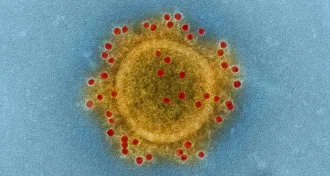 Health & Medicine
Health & MedicineHow one patient spread MERS to 82 people
One person passed the Middle East respiratory syndrome virus to 82 others during an outbreak in South Korea in 2015.
-
 Oceans
OceansUnderwater city was built by microbes, not people
Submerged stoneworklike formations near the Greek island of Zakynthos were built by methane-munching microbes, not ancient Greeks.
-
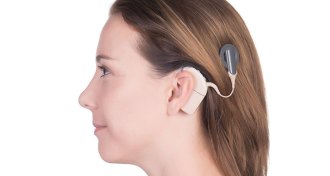 Life
LifeArtificial hearing has come a long way since 1960s
Scientists envisioned artificial hearing 50 years ago. Today, they are working to make it superhuman.
-
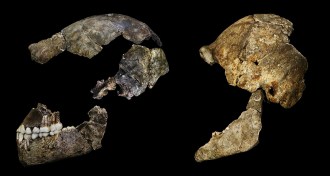 Anthropology
AnthropologyNew dating suggests younger age for Homo naledi
South African fossil species lived more recently than first thought, study suggests.
By Bruce Bower -
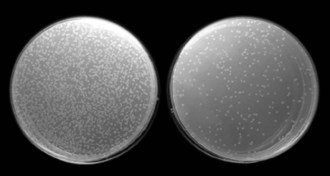 Neuroscience
NeuroscienceRewarding stimulation boosts immune system
Activating feel-good nerve cells boosts mice’s immunity, a new study suggests.
-
 Life
LifeLetting parasites fight could help battle drug resistance, too
Helping one strain of malaria trounce another in lab mice demonstrates a way of avoiding the evolution of drug resistance.
By Susan Milius -
 Science & Society
Science & SocietyReaders debate gun violence research and more
Gun violence research, plaque-busting sugar and more in reader feedback.
-
 Science & Society
Science & SocietyEmpathy for animals is all about us
We extend our feelings to what we think animals are feeling. Often, we’re wrong. But anthropomorphizing isn’t about them. It’s about us.
-
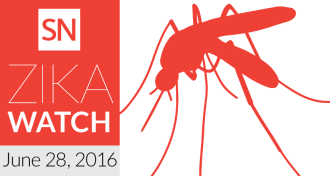 Health & Medicine
Health & MedicineThis week in Zika: vaccine progress, infection insights
Vaccine candidates for Zika virus take a step forward, birth defects span spectrum of problems and doubts about Zika’s link to microcephaly may be extinguished by new reports from Colombia.
By Meghan Rosen -
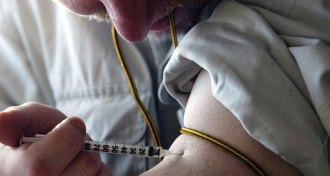 Health & Medicine
Health & MedicineVaccines could counter addictive opioids
Scientists turn to vaccines to curb the growing opioid epidemic.
By Susan Gaidos